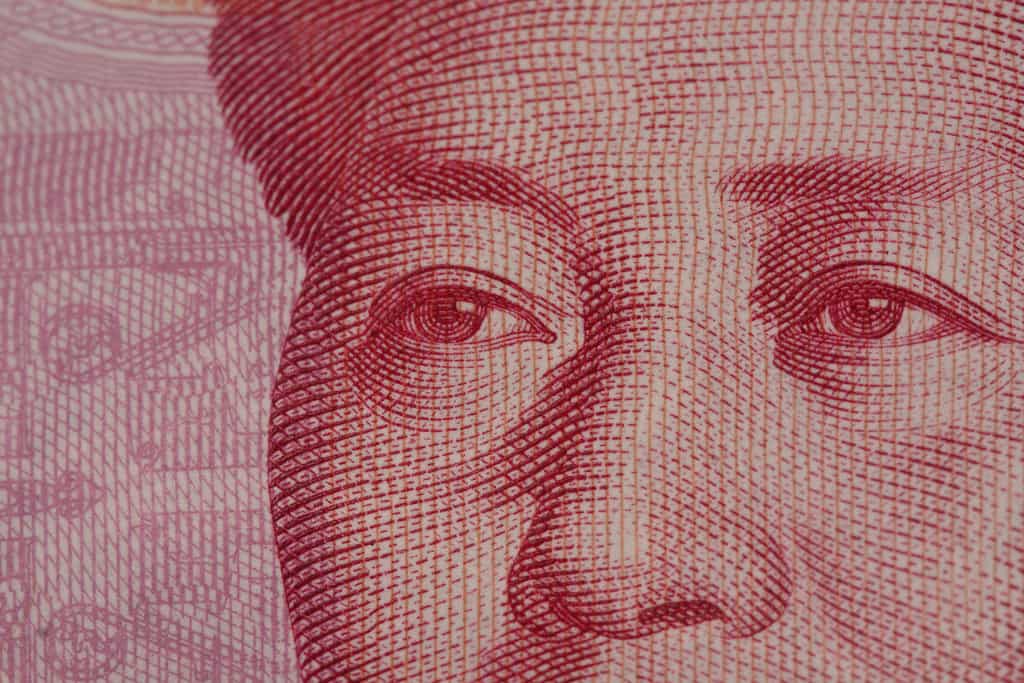China’s money supply continued to see rapid growth in the month of August, as the Chinese central government pushes for more credit extension to keep the economy on an even keel. Total social financing growth declined, while new renminbi loans increased in year-on-year terms.
As of the end of August China’s broad M2 money supply balance stood at 259.51 trillion yuan, for year-on-year (YoY) growth of 12.2%.
In August total social financing (TSF) was 2.43 trillion yuan, for a contraction of 557.1 billion yuan compared to the same period last year. As of the end of August outstanding TSF was 337.21 trillion yuan, for a YoY rise of 10.5%.
New renminbi loans were 1.25 trillion yuan, for an expansion of 39 billion yuan compared to the same period in 2021. During the period from January to August renminbi loan saw a cumulative increase of 15.61 trillion yuan, 554 billion yuan ahead of the figure for the same period last year.
Chinese authorities have stressed the need to maintain stable loan growth throughout the course of 2022. At the end of 2021 the People’s Bank of China (PBOC) convened a work meeting calling for “strengthening the stability of growth in the overall quantity of loans and expanding the intensity of support for the real economy.”
Towards the end of May PBOC held two meetings to analyse monetary and lending situations, and unveiled measures to stabilise loan growth and expand lending.
PBOC also sent similar policy signals at a meeting to analyse monetary and lending conditions held towards the end of August. At the meeting the central bank called for the big state-owned banks to “strengthen their macro-mentality” and fully exercise their leadership role to maintain stability on overall loan growth.
Domestic analysts say the latest raft of financial data for August indicates that these policies are currently starting to take effect, despite a loan contraction in July.
Wang Yunjin (王运金) researcher with Zhixin Investment, said that new household loans increased 336.3 billion yuan in on-period terms in August, while short-term lending returned to normal as a result of declines in interest rates in tandem with measures such as consumer vouchers and household appliance subsidies.



